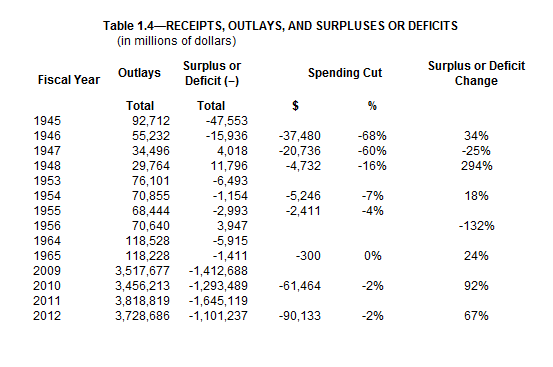DSGE
VIP Member
- Dec 24, 2011
- 1,062
- 30
- 71
No, when wages failed to keep pace with inflation, forcing women into the workforce.
Bet you weren't around then.
Because of supply shocks. Supply shocks (from the relative price of oil increasing) cause income to fall and prices to rise; demand shocks (because of monetary policy) cause both prices and incomes to rise. This is simple shit.
Germany did not experience the inflation we did in the 1970s, despite being even more dependent on foreign oil than we were.
They absolutely experienced inflation spikes:

The absolute value of inflation was lower than in the US because they ran demand-side inflation a lot lower (money growth); but they experienced inflation from oil shocks.
Inflation is always and everywhere a monetary phenomenon.
That doesn't mean that inflation only happens because of monetary growth. Inflation happens when goods become more scarce relative to money. If we print more money, money is less scarce relative to goods, so the price level rises. If there's a negative supply shock, we can't produce as many goods as before; the same quantity of money becomes less scarce relative to goods, so the price level rises. That's what "is always a monetary phenomenon" means.
And obviously above your head.
You can insult me all you like, but you've clearly demonstrated that your knowledge of economics is extremely cursory.
